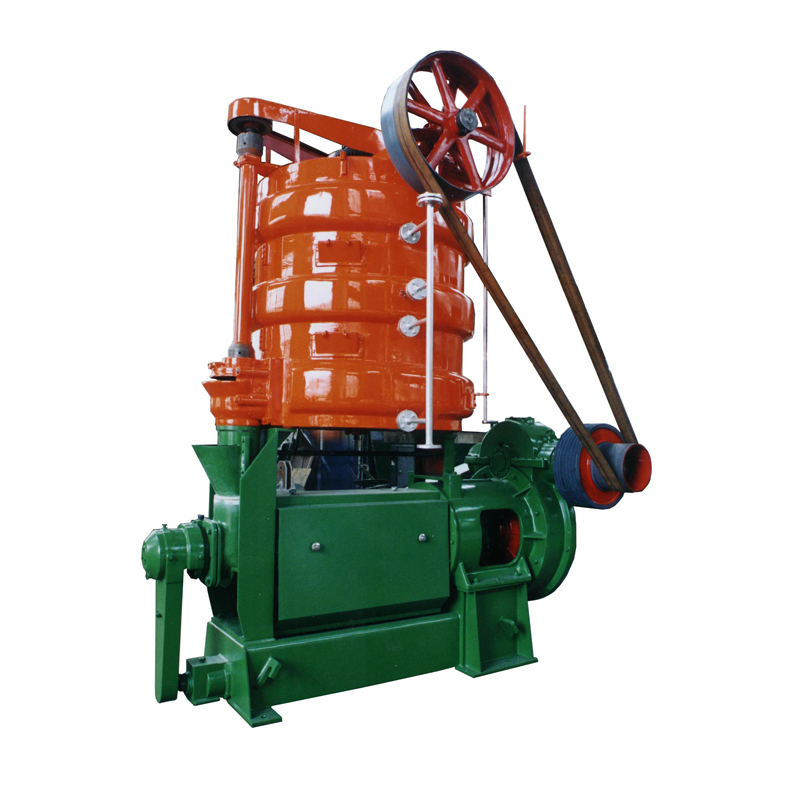Jul . 26, 2024 07:09 Back to list
Innovative Solutions for Efficient Extraction of Vegetable Oil with Advanced Machinery Technology
The Importance of Vegetable Oil Extraction Machines
In the modern world, vegetable oil has become an essential ingredient in culinary practices and industrial applications. With the increasing demand for edible oils from both consumers and food manufacturers, the process of extracting oil from seeds and nuts has gained significant attention. This is where vegetable oil extraction machines come into play. These machines are vital for efficiently processing raw materials into valuable oil products, providing economic benefits to farmers and manufacturers alike.
Vegetable oil extraction can be categorized into two primary methods mechanical extraction and solvent extraction. Mechanical extraction employs pressure to squeeze oil from plant materials. This method retains more nutrients and results in higher-quality oil, making it popular for small-scale producers and health-conscious consumers. On the other hand, solvent extraction utilizes chemical solvents, such as hexane, to dissolve and extract oil from seeds. While this method is more efficient and suitable for large-scale production, it may lead to residual solvents in the final product if not adequately processed.
The development of vegetable oil extraction machines has significantly enhanced the efficiency of these extraction methods. Modern machines are designed with advanced technology that allows for precise control of temperature and pressure, optimizing oil yield and minimizing nutrient loss. High-quality machines can process various seeds, including sunflower, soybean, palm, canola, and peanut, catering to the diverse needs of the food industry.
One of the key benefits of vegetable oil extraction machines is their scalability. Farmers can utilize small, mobile extraction units for on-site processing of their harvests, thereby reducing transportation costs and ensuring fresher oil. Larger manufacturers can invest in industrial-scale machines that offer higher outputs and continuous operation, meeting the demands of commercial production.
vegetable oil extraction machine

In addition to efficiency, these machines also contribute to food safety and quality. Quality control measures integrated into modern extraction equipment help in minimizing impurities in the final oil product. This is crucial not only for consumer health but also for compliance with food safety regulations. Furthermore, the technology used in these machines allows for the extraction of specialty oils, such as cold-pressed oils, which are often sought after for their flavor and health benefits.
Another important aspect of vegetable oil extraction machines is their environmental impact. Traditional extraction methods can lead to significant waste and pollution, while newer machines are designed to be more sustainable. Many of these machines reduce energy consumption and utilize by-products, such as press cake, for animal feed or biofuel production. This not only maximizes resource utilization but also aligns with the growing trend towards sustainable and eco-friendly practices in the agricultural and food sectors.
The economic implications of vegetable oil extraction machines cannot be overstated. By enabling farmers to process their oilseeds, they can capture a larger share of the market value and ensure better income stability. Furthermore, investing in high-quality extraction machinery can drive innovation, leading to the development of new products and markets, such as organic and specialty oils.
In conclusion, vegetable oil extraction machines play a vital role in meeting the growing global demand for vegetable oils. Their efficiency, scalability, quality control, and environmental sustainability make them indispensable in the modern food industry. As technology continues to advance, these machines will likely undergo further improvements, promoting better practices for oil extraction and contributing to a more sustainable agricultural future. Whether for small-scale farmers or large manufacturers, investing in the right vegetable oil extraction technology is essential for success in today's market.
-
High-Efficiency Peanut Oil Refined Machine for Quality Oil Production Leading Exporters & Companies
NewsJul.08,2025
-
High Efficiency Sunflower Seed Oil Press – Leading Cooking Oil Press Machine Factories & Suppliers
NewsJul.08,2025
-
High-Efficiency Soybean Oil Press Machine – Leading Exporters & Reliable Companies
NewsJul.07,2025
-
High-Efficiency Seed to Oil Extractor – Reliable Extraction Machinery for Your Business
NewsJul.07,2025
-
High-Quality Pressing Screw of Oil Expeller for Efficient Oil Extraction Leading Exporters & Manufacturers
NewsJul.06,2025
-
High-Efficiency Essential Oil Extraction Machine Trusted Exporters & Companies
NewsJul.06,2025
